Thoughts on U.S.-China Relations and the Importance of the Fellowship
January 24, 2013 Leave a comment
Recently, Nancy Yao Maasbach wrote to all of us to ask for our thoughts on the greatest unmet opportunities, the most significant blind spot, and the next generation of engagement in the U.S.-China relationship. Here are the thoughts I shared with her; feel free to add your own in the comments section:
I think the most significant blind spot today in the U.S.-China relationship is opportunism, and that the next generation of U.S.-China relations must take on forms that transcend opportunism and drive directly at building trust. Too much of the exchange that happens these days is distracted by motives other than building trust, yet trust is the outcome we all hope for in the long run. Americans set up businesses in China to make money, Chinese graduate students come to the U.S. to study, young Americans go to China to teach English, Chinese professionals come to the U.S. for career development, and all along the way it seems we expect these pursuits to lead to trust and respect, but trust and respect are not things that we can stumble onto by accident. Investing, studying, teaching, and training carry enough challenges of their own – there is only so much mutual trust that will come about as a byproduct of these activities. We need people to take a step back and think about the larger context of cross-cultural interaction and take time to unclamp their minds enough to truly open them to new ideas – not just new foods, new language, new holidays; otherwise, we have a relationship built solely on the success of business, on a deficit in the Chinese educational system vis-a-vis the U.S., on the status quo. If we first understand each other, things can change – things can even go wrong – without the whole relationship collapsing. And if we establish this foundation, all those other pursuits – business, education, even tourism – will have so much more potential for success.
This, of course, relates back to the diagram I showed you and the thinking we are developing for the fellowship, where we zoom the lens out from just teaching and look at the broader bilateral impact that can be had. It is amazing to me to meet people who have spent far more time in China (or in the U.S.) than Yale-China Fellows spend at their sites, yet have far less understanding to show for it than any Fellow – and I run into these people all the time, whether it’s in the business class lounge at the airport or another teacher at the CTC conference.
Trust and understanding that can stand independent of other interests – something you might call friendship, or even family – this is the great need that is the essence of the next step that needs to be taken in the U.S.-China relationship. Not everyone has recognized this need yet, since not everyone realizes that there is a level of trust to be built beyond the ad hoc trust that can arise through a business venture or a university enrollment, but those who have had the chance to break through that barrier can appreciate the difference so clearly, and we need more of these people to spread the word and help others realize there is more to learn. This is why we are so proud of what the Fellows do – they are the vanguard of this next generation.
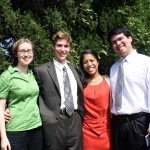
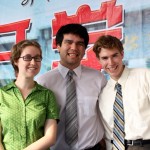
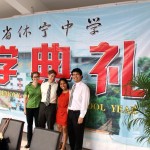

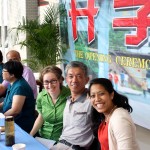
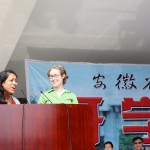
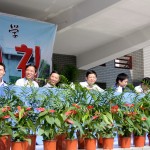
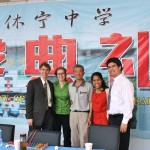
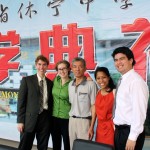
Recent Comments